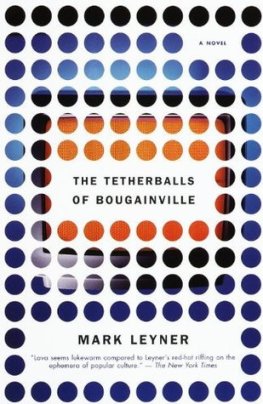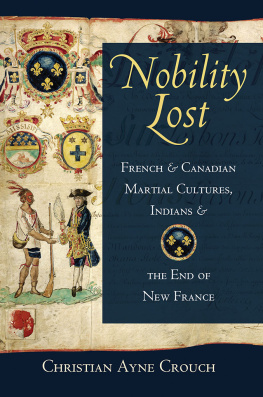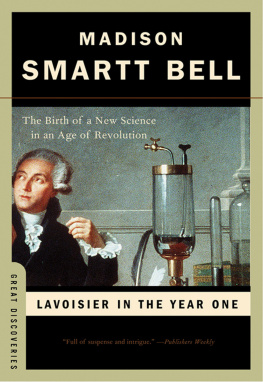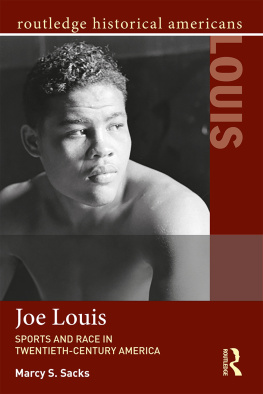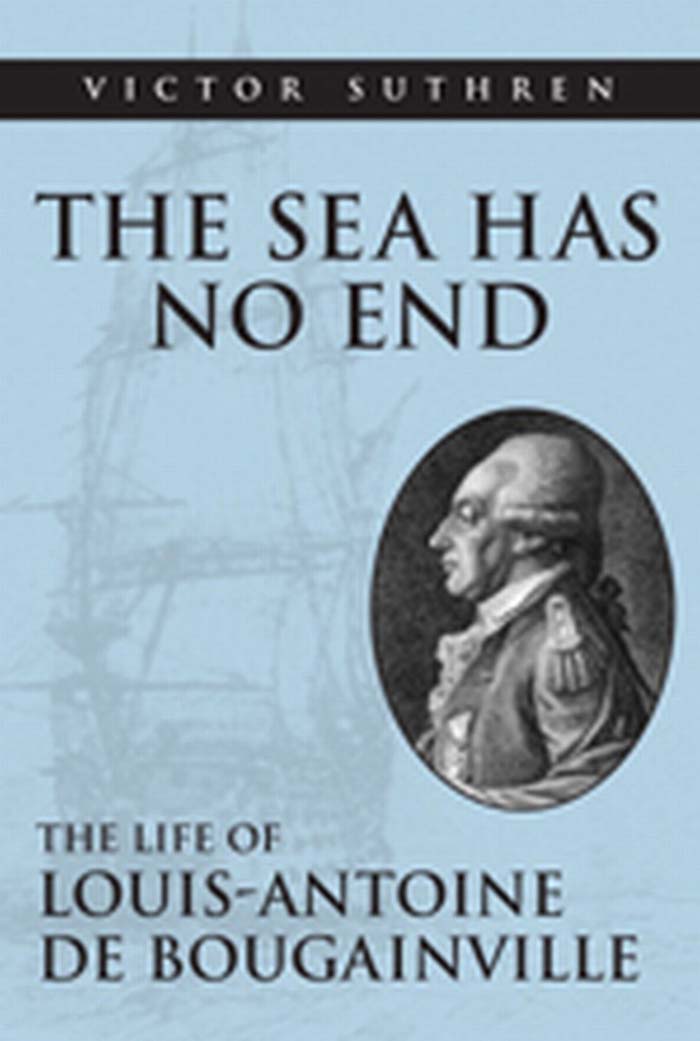

T HE L IFE OF L OUIS -A NTOINE DE B OUGAINVILLE
BY VICTOR SUTHREN

THE DUNDURN GROUP
TORONTO
Copyright Victor Suthren, 2004
All rights reserved. No part of this publication may be reproduced, stored in a retrieval system, or transmitted in any form or by any means, electronic, mechanical, photocopying, recording, or otherwise (except for brief passages for purposes of review) without the prior permission of Dundurn Press. Permission to photocopy should be requested from Access Copyright.
Copy-Editor: Lloyd Davis
Design: Andrew Roberts
Printer: Transcontinental
Library and Archives Canada Cataloguing in Publication
Suthren, Victor, 1942
The sea has no end: the life of Louis-Antoine de
Bougainville / Victor Suthren.
Includes bibliographical references.
ISBN 1-55002-519-8
1. Bougainville, Louis Antoine de, comte, 1729-1811. 2. ExplorersFranceBiography. 3. SoldiersFranceBiography. 4. SailorsFranceBiography. 5. CanadaHistorySeven Years War, 1755-1763Biography. 6. United StatesHistoryFrench and Indian War, 1755-1763 Biography. 7. FranceBiography. I. Title.
G256.B6S87 2004 944'.034'092 C2004-904462-1
1 2 3 4 5 08 07 06 05 04

We acknowledge the support of the Canada Council for the Arts and the Ontario Arts Council for our publishing program. We also acknowledge the financial support of the Government of Canada through the Book Publishing Industry Development Program and The Association for the Export of Canadian Books, and the Government of Ontario through the Ontario Book Publishers Tax Credit program, and the Ontario Media Development Corporations Ontario Book Initiative.
Care has been taken to trace the ownership of copyright material used in this book. The author and the publisher welcome any information enabling them to rectify any references or credit in subsequent editions.
J. Kirk Howard, President
Printed and bound in Canada
Printed on recycled paper
www.dundurn.com
Dundurn Press |
8 Market Street | Gazelle Book Services Limited | Dundurn Press |
Suite 200 | White Cross Mills | 2250 Military Road |
Toronto, Ontario, Canada | Hightown, Lancaster, England | Tonawanda NY |
M5E 1M6 | LA1 4X5 | U.S.A. 14150 |
In memory of
David M. Stewart
Table of Contents
Introduction
Louis-Antoine de Bougainville was an extraordinarily able French military and naval officer whose life encompassed many of the significant events in eighteenth-century Western history and who led a remarkable career that took him from the boudoirs of Paris to the flintlock battlefields of North America and on to the lush islands of the South Pacific. Gifted and urbane, thoughtful and articulate, he was a highly civilized observer of the terrors of the Seven Years War in Canada and the flawed administration of New France that fought a losing battle against the overpowering English forces of Prime Minister William Pitt. After the war and the French loss of Canada, Bougainville expended much of his personal fortune trying to establish destitute Acadians in a settlement on the Falkland Islands, and when that successful effort was thwarted by politics, he turned his energies to a voyage of Pacific exploration and world circumnavigation that rivalled the first voyage of the Englishman James Cook both in its daring and its concern for the health of seamen. From that voyage Bougainville produced an account of the apparent paradise of Tahiti that landed like a bombshell on a jaded and static European society fascinated by the neoprimitive social concepts of Jean-Jacques Rousseau and the Encyclopedist movement in France. To a degree not yet fully explored, Bougainvilles account contributed to the ferment of discontent within the vastly unfair European society of the eighteenth century that led in 1789 to the outbreak of the French Revolution. Bougainville contributed personally to another great revolutionary upheaval, the American War of Independence, when he commanded the van of the French fleet off Yorktown that prevented the Royal Navy from relieving the encircled British army of Lord Cornwallis. The victory off Yorktown, for which Bougainville received much of the credit, marked the end of British hopes of suppressing the rebellion, and a peace treaty establishing the United States of America followed soon thereafter.
As the storm cloud of the French Revolution broke over France, Bougainville, due to the popularity he had enjoyed from his crews as well as his non-aristocratic background, managed to bridge for a while the enormous social divide between the elites and the people. For a brief time he held senior command in the Revolutionary navy, only to relinquish it when the general social turmoil made any command structure unworkable. At the height of the Terror, his reputation did not prevent him from being imprisoned, but the death of Robespierre led to his release. Napoleon respected Bougainville, and in the course of time Bougainville was named a Senator and Count of the Empire, dying amidst great honour and general admiration in 1811.
Beyond his abilities as a soldier and commander, however, Bougainville displayed intellectual skills and an omnivorous fascination with the natural world that made him every inch the Enlightenment man. Mathematical ability allowed him to write a treatise on integral calculus that won him a fellowship in Britains Royal Society at a time when the two nations were at war, and the journals of his experiences in North America and the Pacific were full of observations on his environment, both social and natural, that drew on a knowledge of Greek and Latin scholarship. Fluent in English, a capacity that made him the negotiator of terms with his British adversaries on more than one occasion including the surrender of Montreal in 1760 that effectively ended the Seven Years War in North America Bougainville was in many respects the international citizen which was the ideal of the educated eighteenth-century gentleman; loyal to his Crown and nation as honour demanded, but a member of a civil and literate fraternity which knew no political boundaries. In his life are visible both the limitations and the most admirable principles of the eighteenth-century world, and his significance as a player in some of the most momentous events in history, and as a mirror of those events, is remarkable.
Yet there was more than bewigged formality to Bougainville; true to the nature of his time, he embraced its sensual appetites with equal gusto as he did its intellectual delicacies. Not tall, and given to a certain stockiness, he revelled in the thundering gallop of a hunter across fields or over hedgerows, and became a superb swordsman through hours of ferocious swordplay. A fine shot with pistol, musket or fowling piece, he chafed at the inactivity of the lawyers life his father had wanted for him, and embraced instead the action and movement of the military life. Gifted with a charming personality and an optimistic warmth, he restrained himself very little in the enjoyment of society, and particularly the world of women, where he was welcomed for his intelligent humour and considerate gallantry as much as for his evident ardour. That women found him a delight both in the salon and in the intimacies of the boudoir was evident in the long list of women with whom his name was associated, ranging from ingnue Parisian actresses to Iroquois village girls, and perhaps to Madame de Pompadour herself. A more revealing testament to his nature is the fondness and friendship with which these lovers viewed him, long after the relationships had ended.


